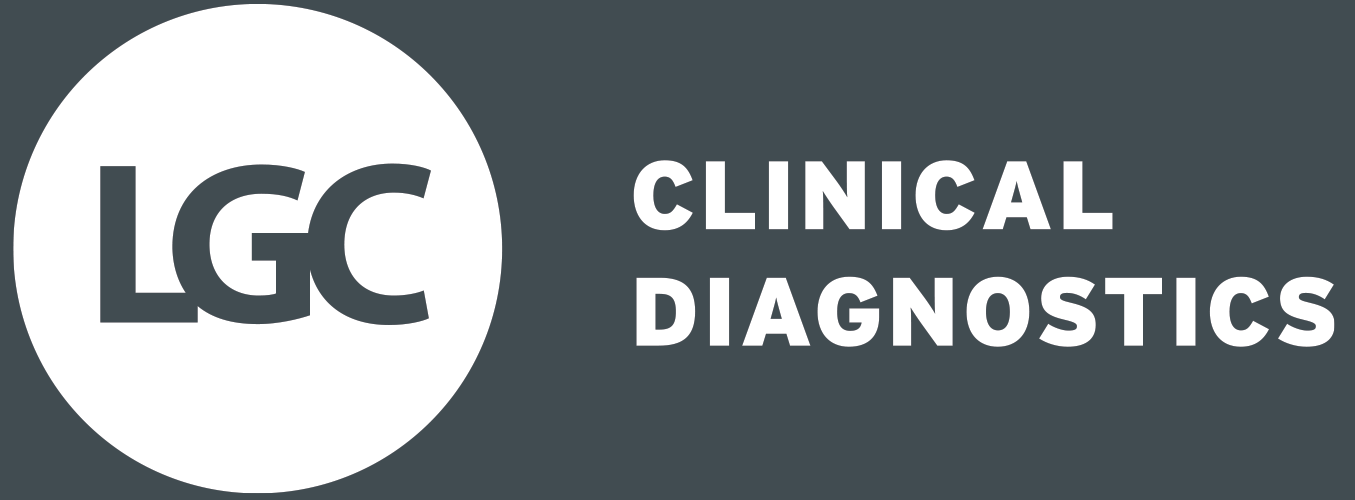In 2011, the National Academy of Science published the results of a year-long committee effort called ‘Toward Precision Medicine: Building a Knowledge Network for Biomedical Research and a New Taxonomy of Disease’. This committee was charged to explore the feasibility and need to develop a new taxonomy of human disease based upon molecular biology, with the concept that with an explosion of molecular data about individuals with disease, there was a great untapped opportunity to use these data to improve health.

FLICKR, JOHN GOODE
Their conclusions (the entire report is available online here) revolve around developing and refining a new molecular taxonomy around an “Information Commons”, where data on large populations of patients become available for research use on a broad scale. The data can be on the order of a genome, epigenome, microbiome, exposome (that is, the sum of environmental exposure), and individual symptoms. In addition, a “Knowledge Network” adds value to the Information Commons by highlighting the interconnections between datasets, and integrating these with the knowledge of fundamental biology. By having a new medical taxonomy informed by such a Knowledge Network, precision medicine can be enabled.
The National Research Council committee continues in their definition of Precision Medicine as contrasted to a prior term Personalized Medicine in this way:
As used in this report, ‘Precision medicine’ refers to the tailoring of medical treatment to the individual characteristics of each patient. It does not literally mean the creation of drugs or medical devices that are unique to a patient, but rather the ability to classify individuals into subpopulations that differ in their susceptibility to a particular disease, in the biology and/or prognosis of those diseases they may develop, or in their response to a specific treatment. Preventive or therapeutic interventions can then be concentrated on those who will benefit, sparing expense and side effects for those who will not. Although the term ‘Personalized Medicine’ is also used to convey this meaning, that term is sometimes misinterpreted as implying that unique treatments can be designed for each individual. For this reason, the Committee thinks that the term ‘Precision Medicine’ is preferable to ‘Personalized Medicine.’
The term “Personalized Medicine” has been used since the early days of the Human Genome Project. (On a side-note, 2015 marks the 25-year anniversary of the start of this project.) Yet the idea of the shift in terms is to ‘distance genomic medicine from any suggestion of a retreat from evidence-based to anecdotal medicine’. Precision medicine marks a shift away from the ‘N of 1 anecdotes’ to true evidence-based medical practice.
One major application of precision medicine is for the treatment of cancer. At the recent American Society for Clinical Oncology meeting in Chicago, both ASCO and the National Cancer Institute announced clinical trials for precision medicine. The National Cancer Institute has an additional four other ongoing trials in precision medicine, including one for exceptional responders and two for lung cancer.
It is in this context that SeraCare Life Sciences recognizes the importance of this shift in the world of diagnostics. SeraCare has been providing reference materials for the in-vitro diagnostics industry for over 30 years, and as the industry changes we will adapt along with it. Indeed, accurate diagnostics is the fundamental pre-requisite for targeted treatment in the NRC report (see figure S-1 of the report), as this ‘customization of healthcare’ tailors care to the individual patient.
We’ve recently made available the first reference materials underneath a new Seraseq line of products for precision and molecular medicine, with more to come.




